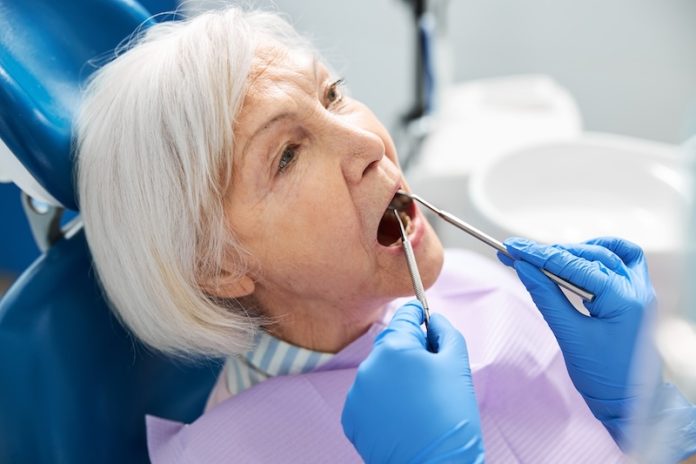
Recent research from Tokyo Medical and Dental University (TMDU) in Japan has uncovered a significant connection between oral health and heart health.
This study reveals that a common oral pathogen, Porphyromonas gingivalis, may hinder the heart’s ability to recover after a heart attack caused by coronary heart disease, highlighting the importance of maintaining good oral hygiene for overall well-being.
Heart attacks occur when the coronary arteries, responsible for delivering vital nutrients and oxygen to the heart muscle, become blocked, depriving the heart of essential resources. This blockage leads to the death of cardiac myocytes, the heart’s muscle cells.
To prevent further damage, cardiac myocytes utilize a process called autophagy, enabling cells to eliminate damaged components, thereby preventing dysfunction in the heart.
Previous studies had detected Porphyromonas gingivalis, a common oral pathogen, at the site of occlusion in myocardial infarction (heart attack). However, the mechanisms by which this bacterium affects the heart remained unclear.
Researchers modified Porphyromonas gingivalis to create a version that did not express gingipain, its most potent virulence factor. Gingipain had been previously linked to inhibiting programmed cell death in response to injury.
Cells infected with the mutant bacterium lacking gingipain showed significantly higher viability compared to cells infected with the wild-type bacterium. In mice, myocardial infarction effects were less severe in those infected with the mutant version.
The study revealed that gingipain disrupts the fusion of autophagosomes and lysosomes within cells. This interference hampers the crucial autophagy process, leading to the accumulation of proteins and cell dysfunction, ultimately contributing to cardiac rupture.
The research findings suggest that Porphyromonas gingivalis infection, particularly when producing gingipain, leads to excessive autophagosome accumulation, which can result in cellular dysfunction, cell death, and cardiac rupture.
Addressing common oral infections like Porphyromonas gingivalis, especially when it produces gingipain, could prove essential in reducing the risk of fatal heart attacks.
This study underscores the interconnectedness of oral health and overall well-being, emphasizing the importance of regular dental care for maintaining both a radiant smile and a healthy heart.
The research conducted at TMDU reveals a substantial connection between oral health and heart health, shedding light on how a common oral pathogen, Porphyromonas gingivalis, can impact the heart’s recovery following a heart attack.
Understanding this link underscores the importance of maintaining good oral hygiene as an essential part of overall well-being, with potential implications for reducing the risk of fatal heart attacks and promoting cardiovascular health.
If you care about gum health, please read studies about an important causes of tooth decay and gum disease, and common tooth disease that may increase risks of dementia.
For more information about gum health, please see recent studies about mouthwash that may increase your tooth damage, and results showing this diet could help treat gum disease.
Copyright © 2023 Knowridge Science Report. All rights reserved.



